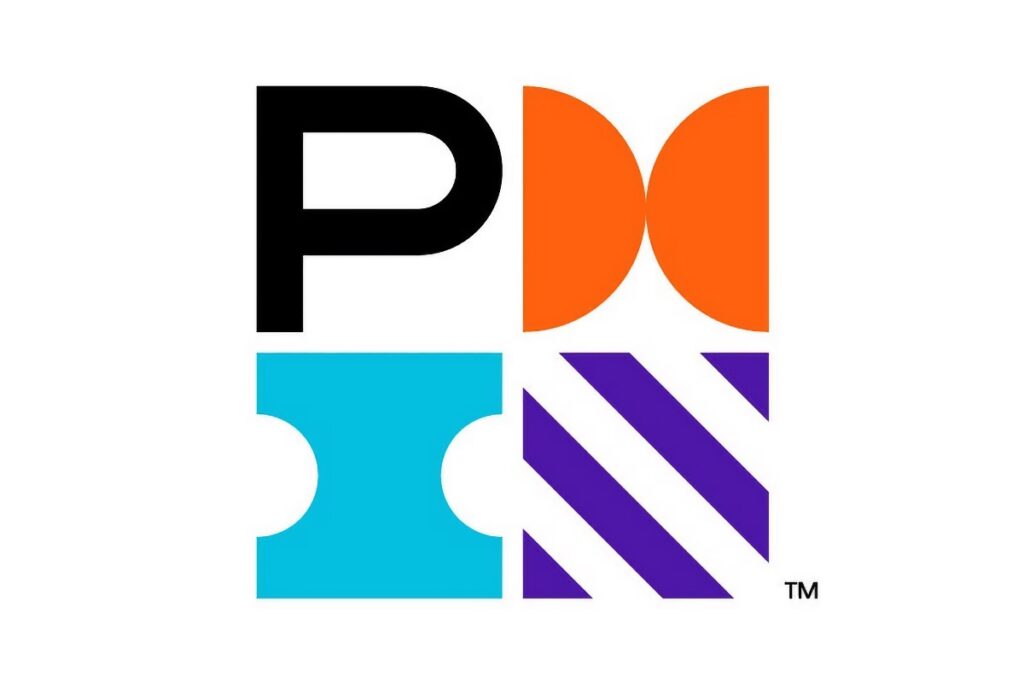Project Evaluation Methods
Today, many projects across companies—regardless of size, industry, or organizational structure—are selected and initiated in isolation, without regard to their mutual influence or alignment with overall strategic goals. What are the risks of such an approach? Without using project evaluation methods, an organization may face internal competition for resources—human, technological, or financial—as well as conflicts […]
Project Evaluation Methods Read More »










